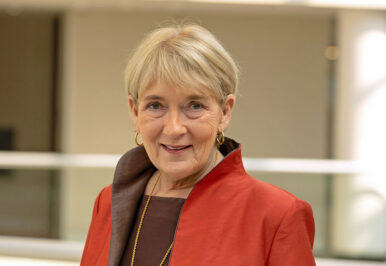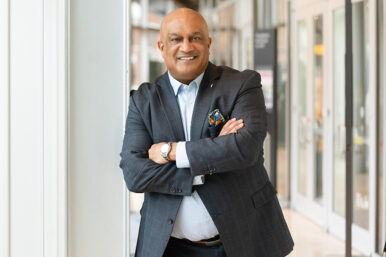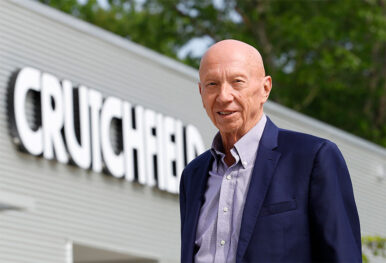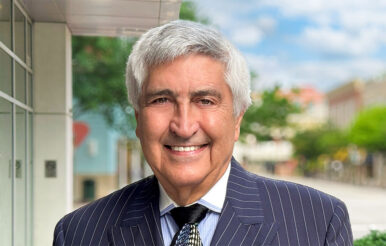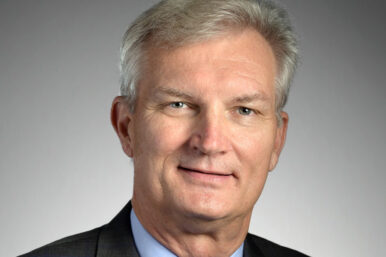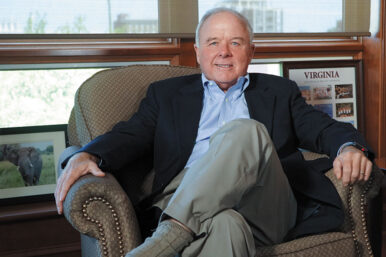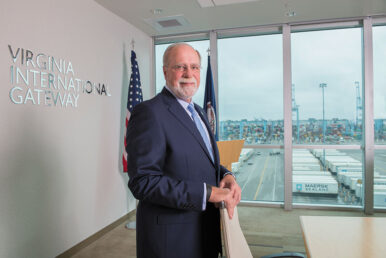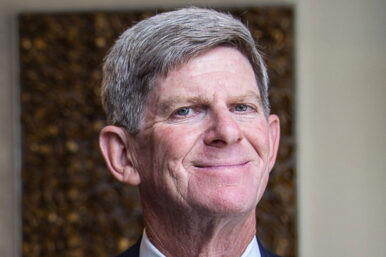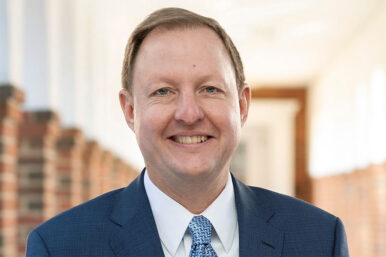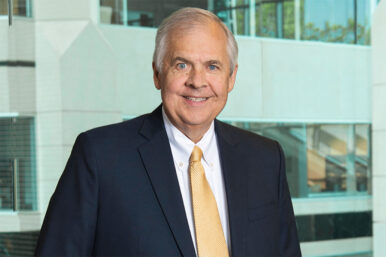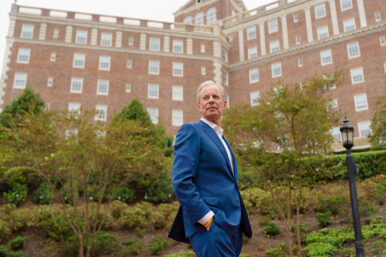SUMMARY:
The Federal Reserve Bank of Richmond has launched the Center for Rural Economies, a research and convening hub designed to study and support the economic needs of small towns and rural communities across its service area.
The Richmond Fed introduced the center on Oct. 29, during the first installment of its new “Investing in Rural America” webinar series. The center will research economic conditions in rural communities within the Richmond Fed’s region, which includes North and South Carolina, Virginia, Maryland, Washington, D.C. and most of West Virginia. The center will share information with local business leaders and policymakers, as well as help connect stakeholders. It does not, however, provide grants or funding.
Daniel Davis, group vice president for regional economics and director of the new center, described the center’s launch as a “natural evolution” of the focus the bank has had on rural and small-town development under the leadership of Richmond Fed President Tom Barkin. Existing activities on this front, such as research, community outreach and data analysis, will now be centralized and expanded under the center’s umbrella.
The center’s mission
Davis emphasized that the center’s role is not to provide direct financial resources to rural communities but to help those communities improve their decision-making through research and collaboration.
“We view ourselves as brokers of information overall,” he said. “We’re a nonpartisan, objective organization looking into data and insights.”
Data the center will collect and analyze includes demographic trends, population changes, education levels, income, unemployment rates and poverty rates. In addition to informing local businesses and communities, the data will also better inform the Fed’s monetary policy.
The other major part of the center’s work is bringing together rural stakeholders. That includes the Richmond Fed’s annual Investing in Rural America conference, as well as a new webinar series, ongoing conversations with people in rural towns and the Rural Investment Collaborative, an initiative that trains local leaders on how to develop strong project proposals and connect with funding sources.
“The overall aim of having a webinar series is to catch folks where they are, without asking them to pick up and leave their community where they’re doing diligent work on a regular basis,” Davis said.
One of the center’s guiding goals is to remove barriers that limit opportunity. In rural regions, Davis said, that obstacles tend to revolve around employment and access to capital. On the employment side, skills gaps limit job growth. However, other barriers preventing people from working include access to child care, broadband and transportation. On the capital side, Davis noted that rural areas often have fewer sources of funding and limited capacity to develop investment-ready projects, making it more challenging to secure funding for local improvements.
The new center will leverage current resources that the Richmond Fed already has, utilizing existing offices and staff, consolidating work the bank was already doing into a more coordinated effort. The center will be headquartered at the Richmond Fed’s facility at 701 East Byrd St. However, staff at the Richmond Fed’s Baltimore and Charlotte, North Carolina offices will also contribute.
Rural leaders, businesses and communities can access the center’s information on the Richmond Fed’s website and through email updates and in-person events.
“There has historically been a lack of information on rural areas,” Davis said. “It’s harder to get data at a disaggregated level, in a way that really helps to understand what the economic story is in rural places. And we wanted to be a part of helping to provide illumination of what’s actually happening in rural economies.”


